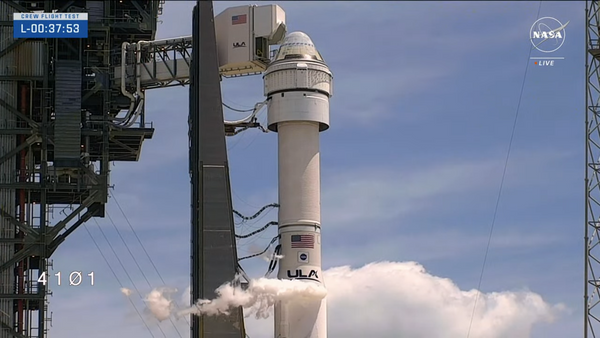The Kerala State Road Transport Corporation (KSRTC) is set to further raise the age limit of its ageing fleet of super-fast buses to 12 years, raising safety concerns.
The cut-off age for super-fast and other super-class buses was five years till 2017. This has been increased to seven and nine years, and in January to 10 years citing shortage of super-class buses, giving rise to concerns regarding their safety and comfort.
Making matters worse, the Transport department decided to allow the KSRTC to operate buses that were over 15 years old up to September 2024, although they ought to have been scrapped as per the new Central norms.
Official sources say the KSRTC is not in a position to augment its fleet due to its precarious financial position, which necessitated the need to raise the retirement age of super-class buses.
A KSRTC driver, who has been steering its super-class buses for over a decade, says the risk of accidents and breakdowns generally increase in proportion to the age of buses. “The KSRTC’s track record in maintaining its buses using archaic methods poses safety hazards, especially so since super-class buses operated long distances without break, including to neighbouring States. Their brake and other components are prone to faster wear and tear.”
This is apart from compromise on comfort levels, since seats will harden and the buses become rickety due to slack upkeep. This is already evident, since most of the old super-class buses are noisy, have shoddy interiors and exteriors, and do not adhere to emission norms, he says.
The KSRTC, which charges higher fares than its counterparts in other States, is among the few RTCs which are yet to introduce automatic-washing systems in its depots. It must also learn from the RTCs of Tamil Nadu and Karnataka which regularly upgrade their fleet, and also have a sound maintenance regimen, he says.
The shoddy state of affairs in the KSRTC makes one wonder whether stakeholders are allowing it to be taken over by other entities, says Devadasan Punnath, who retired from the KSRTC as inspector and has been pursuing the need for steps to improve its efficiency.
“Leave alone purchase of new buses, the agency is not taking steps to improve patronage in buses that it operates now. The GPS system in most buses, which would have helped track their location real time and pass on the information to passengers, is inactive. Efforts to computerise many wings of the agency too had been thwarted over the decades, while many personnel in key positions lack professionalism. This has led to scams like the siphoning off of ₹100 crore by unscrupulous stakeholders,” he says.







